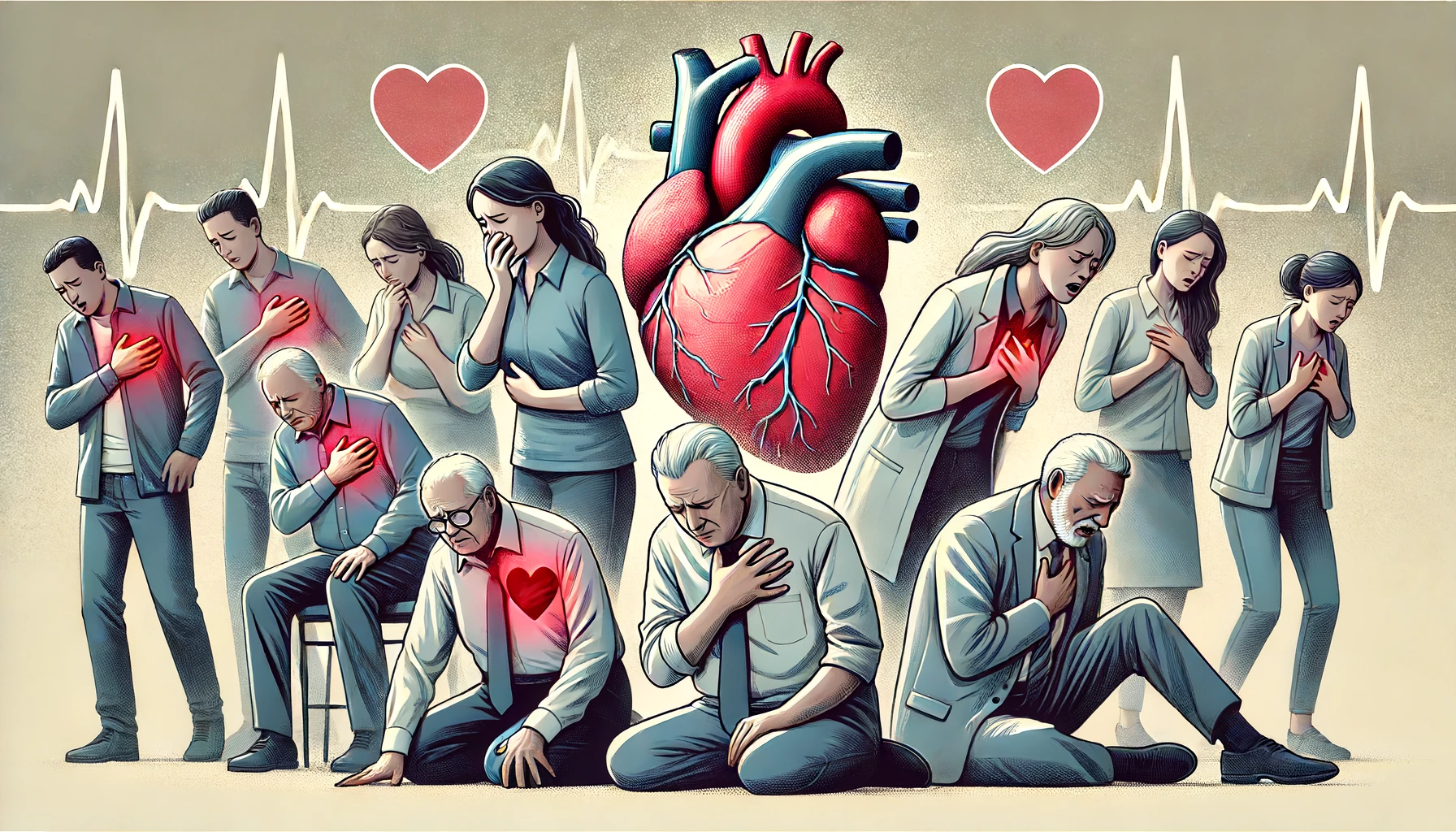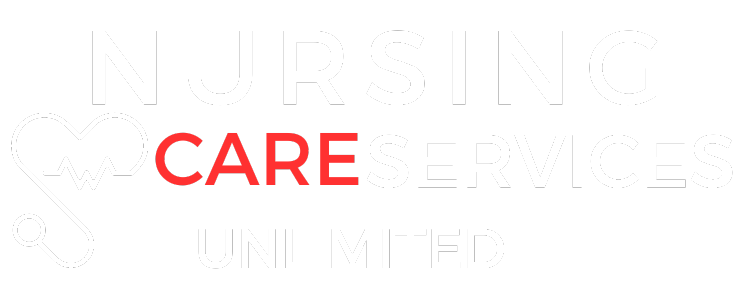Heart disease claims the lives of lives millions every year making it the number one cause of death globally. Interestingly, by implementing simple and practical changes, you can reduce your risk of death from heart disease substantially. To be clear, there isn’t a single medication in existence that can lower the risk of death from heart problems as effectively as the diet, exercise, lifestyle changes tips below. So, let’s start.
Up Your Diet Game: Eat lower carb (50-100 grams daily). Increase healthy fats and proteins like avocado and nutrient dense red meat and organ meats. Stay away from inflammatory foods like most grains and instead consume sweet potato, and fruit in moderation. Make your own dressings/dips to control calorie count and reduce harmful ingredients that make the body hold on to stubborn weight. Drink black coffee, or coffee with MCT oil to reduce sugar count. Eat organic because many non-organic foods like vegetables are void of meaningful amounts of important tryptophan and and tyrosine due to DNA changes to shikimate pathway. Also, glyphosate, the pesticide on non-organic, and many organic foods, can destroy the gut. Implementing all of the previous tips will not only reduce weight, but will simultaneously reduce the burden on the heart.
Get Off The Couch And Into The Gym: Many peer reviewed studies show as little as 150 minutes of exercise each week can reduce the risk of heart disease by up to 40-50%. Simply put, exercise trains the heart to function better. Physical activity like a brisk walk breaking a sweat for 30 minutes daily, 5 days a week is sufficient. Also, light aerobic exercise on a treadmill at a challenging incline for 20-30 minutes a day works. Moreover, workouts with light weights that allow the heart rate to stay up, but don’t force frequent breaks are excellent.
Lose Weight Yesterday: Obesity is associated with all the worst health outcomes. Being overweight remains a causal link between nearly all chronic heart problems. Needless to say, retaining too many pounds puts excess stress on the heart and pushes it to malfunction. Lose weight by intermittent fasting. For instance, try eating all food within a 3-5 hour window every day and watch 10-20 lbs melt away. Also, drop weight with yoga and meditation- they help manage stress by reducing cortisol (a stress hormone).
Stop Smoking: Simply put, cutting out smoking can reduce the risk of heart disease by nearly 50%. That is because smoke is inflammatory to heart cells (myocytes) and blood vessels, therefore eliminating it allows improvement. So it is clear, Smoking in all forms is carcinogenic aka cancer causing. Anytime something is lit on fire it is extremely toxic to the body. Of course, let’s not forget about the many chemicals manufacturers put in most smoke products.
Cut Out The Booze: Alcohol can cause weight gain which puts stress on the heart. When the heart has to work harder it will not work as efficiently. Moreover, alcohol consumption can cause magnesium deficiency. The body requires appropriate levels of magnesium to maintain blood pressure. Furthermore, low magnesium can cause lethal heart rhythms like atrial fibrillation, and ventricular tachycardia. Instead of drinking booze, find a new hobby, get into guitar, piano, painting, sailing, and hiking.
Smash Stress: Guided meditation, mindfulness, deep breathing, and hot yoga can help reduce blood pressure and ease the daily impact on the heart. When blood pressure comes down, the stress comes down. Also, sleeping 6-8 hours a night allows the body to heal both physically and mentally. The more sleep, the more melatonin is secreted. Melatonin is the one of the body’s most powerful antioxidants and can help reduce stress due to its calming effects on the brain.
See A Functional Medical Doctor: Standard health screenings at a normal doctor can certainly reveal markers for heart disease. However, functional medical doctors treat patients holistically. In other words, they treat the body, mind, and soul. Whereas, traditional doctors simply prescribe a pill for every ill. Many functional medical doctors understand to heal the body, patients need more than just pills and a check up. Treating the body holistically will help heal the heart in a more efficient and multifaceted way.
No More Fast Food: Let’s define fast food. McDonalds, Burger King and the like. But also places like Panera, Olive Garden, Starbucks, Subway, Chipotle. These places cleverly market their food to seem healthy. Regrettably, most foods from the previously mentioned establishments contain terrible ingredients that will only contribute to heart problems. Instead, start meal prepping, purchase healthy pre-made snacks, get an all stainless steel air-fryer (or convection oven) to make foods more satisfying to eat.
Monitor Blood Pressure: If you don’t know what your blood pressure is, it’s time to start checking. Being aware of blood pressure reveals how food, environment, stress, exercise, and work effect the heart. Knowing that valuable information is the first step to making meaningful, healthy change. On the other hand, not knowing what effects the body will hastily contribute to its decline.
Stop Being Dehydrated: Most people are dehydrated and don’t know it, even those who claim to be health gurus. To be clear, drinking water isn’t enough. Even after drinking, water needs to be able to get in and around cells. Unfortunately, many if not most people have diets deficient in electrolytes so the body can’t move water in and around the cells in an optimal fashion. Also, the health gurus exercise, fast, restrict so many foods, so often, they are also victims to dehydration. Dehydration makes the heart pump harder and work less efficiently. Try taking an electrolyte supplement, and eating hydrating foods like cucumbers, carrots, skinless bell peppers, lemons.
By integrating these strategies into daily life, individuals can significantly reduce their risk of heart disease and enhance overall well-being. So please, use this guide to start healing your heart today
Follow us here:
X Formerly Twitter
Instagram
Facebook
Linkedin
References
Anderson, L., Oldridge, N., Thompson, D. R., et al. (2016). Exercise-based cardiac rehabilitation for coronary heart disease. Journal of the American College of Cardiology, 67(1), 1-12.
Cohen, B. E., Edmondson, D., & Kronish, I. M. (2015). State of the Art Review: Depression, Stress, Anxiety, and Cardiovascular Disease. American Journal of Hypertension, 28(11), 1295-1302.
Estruch, R., Ros, E., Salas-Salvadó, J., et al. (2013). Primary prevention of cardiovascular disease with a Mediterranean diet. The New England Journal of Medicine, 368(14), 1279-1290.
Goff, D. C., Lloyd-Jones, D. M., Bennett, G., et al. (2014). 2013 ACC/AHA Guideline on the Assessment of Cardiovascular Risk. Journal of the American College of Cardiology, 63(25 Part B), 2935-2959.
Jensen, M. D., Ryan, D. H., Apovian, C. M., et al. (2014). 2013 AHA/ACC/TOS Guideline for the Management of Overweight and Obesity in Adults. Journal of the American College of Cardiology, 63(25 Part B), 2985-3023.
Jha, P., Ramasundarahettige, C., Landsman, V., et al. (2013). 21st-century hazards of smoking and benefits of cessation in the United States. The New England Journal of Medicine, 368(4), 341-350.
Mukamal, K. J., et al. (2010). Alcohol consumption and cardiovascular disease. Current Atherosclerosis Reports, 12(6), 370-377.
Popkin, B. M., D’Anci, K. E., & Rosenberg, I. H. (2010). Water, hydration, and health. Nutrition Reviews, 68(8), 439-458.
Stone, N. J., Robinson, J. G., Lichtenstein, A. H., et al. (2013). 2013 ACC/AHA guideline on the treatment of blood cholesterol to reduce atherosclerotic cardiovascular risk in adults. Journal of the American College of Cardiology, 63(25 Part B), 2889-2934.
Whelton, P. K., Carey, R. M., Aronow, W. S., et al. (2018). 2017 ACC/AHA/AAPA/ABC/ACPM/AGS/APhA/ASH/ASPC/NMA/PCNA Guideline for the Prevention, Detection, Evaluation, and Management of High Blood Pressure in Adults. Hypertension, 71(6), e13-e115.
Haslam, E. (1993). Shikimic acid: Metabolism and metabolites. Plant Physiology, 104(3), 657-663. https://www.ncbi.nlm.nih.gov/pmc/articles/PMC2268171/
Cleveland Clinic. (n.d.). About us. Cleveland Clinic. Retrieved June 17, 2024, from https://my.clevelandclinic.org/departments/functional-medicine/about
National Cancer Institute. (n.d.). Alcohol and cancer risk. National Cancer Institute. Retrieved June 17, 2024, from https://www.cancer.gov/about-cancer/causes-prevention/risk/alcohol/alcohol-fact-sheet
Kovács, R., & Berkó, S. (2020). The role of excipients in the formulation of semisolid dosage forms. Drug Design, Development and Therapy, 14, 2441-2458. https://doi.org/10.2147/DDDT.S254867


